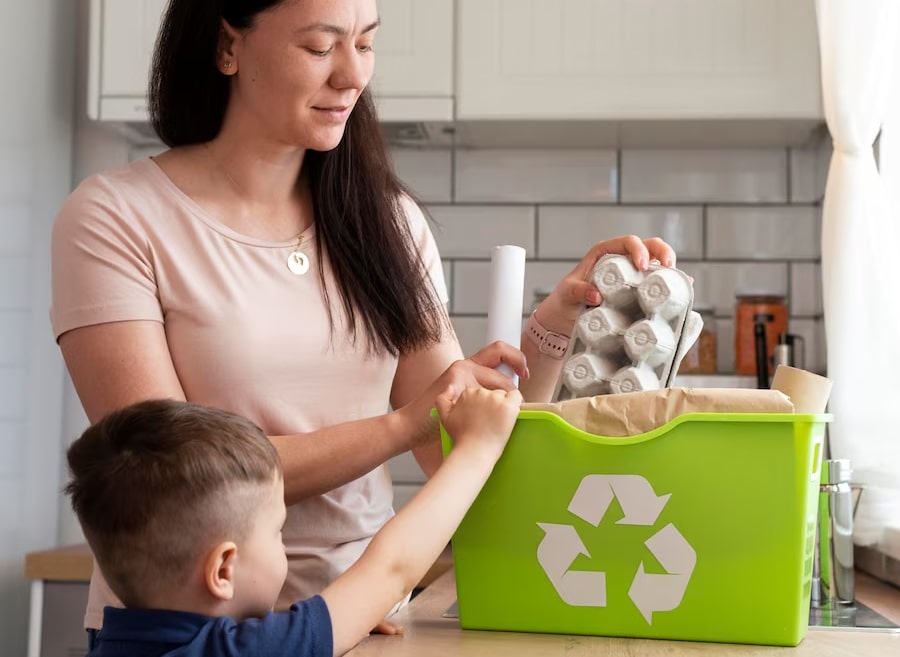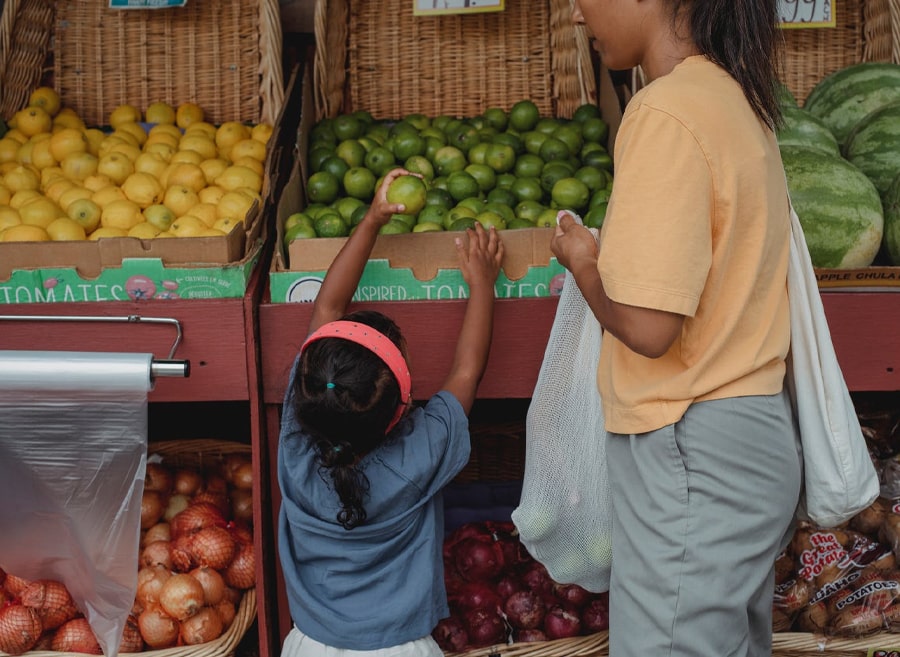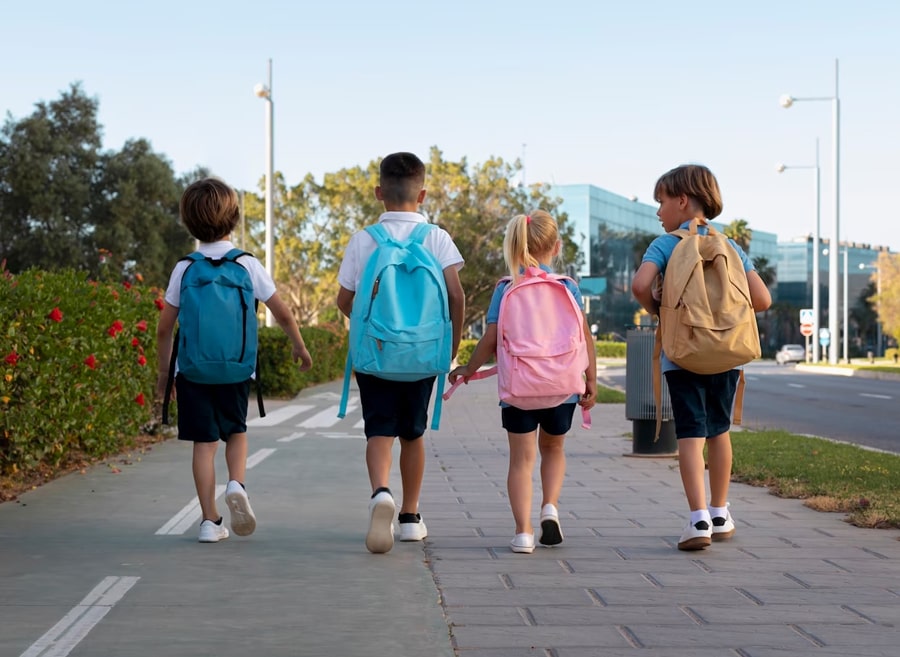It is crucial now more than ever to incorporate eco-friendly practices into every part of our life as the repercussions of climate change become more and more obvious. As parents, we have a special chance to teach these values in our kids and develop them to be responsible members of society. By practicing eco-friendly parenting, we not only make the world a healthier place but also provide our kids a bright future. We will look at many methods that parents can incorporate eco-friendly practices into their daily lives in this blog post.
Few Tips for Practicing Eco-friendly Parenting

Eco-friendly parenting is a concept that focuses on raising children in an environmentally conscious way, with the aim of creating a sustainable future for the planet. It involves teaching children about the importance of conserving resources, reducing waste, and making eco-friendly choices.
1. Cloth Diapers: An Ecological Option
Disposable diapers are one of the waste types that contribute most to landfill waste. A single disposable diaper is thought to take up to 500 years to disintegrate. Parents can dramatically lessen their carbon footprint by using cloth diapers. In addition to being environmentally responsible, modern cloth diapers are both practical and economical in the long run. They are washable and dryable, have a variety of styles, and are reusable. Parents may significantly reduce waste and protect the environment by adopting this easy change.
2. Choices for Sustainable Toys
Although traditional toys are very important for a child’s growth, many of them are composed of non-biodegradable plastics that wind up in landfills. As parents who care about the environment, we can pick toys made of renewable resources like wood, natural fibers, or recycled materials. These toys not only make our kids safer, but they also foster imagination and creativity. Additionally, choosing toys that are enduring and can be donated to charitable organizations or passed down to younger siblings will help minimize waste and promote a circular economy.
3. Conscious Consumption

For our kids to understand sustainability, we must instill in them the value of conscious consumption. We may instill in children a feeling of environmental responsibility by involving them in grocery shopping and emphasizing the need of selecting locally sourced, organic, and seasonally available vegetables. Further reinforcing these principles is encouraging people to compost organic leftovers and reduce food waste. We can lessen our carbon footprint and impart the value of sustainable living to our children by making informed decisions about what we consume.
4. Supporting Minimalism
Adopting a minimalist lifestyle can help you create less waste and lead a more sustainable existence in a society that is dominated by materialism. Encourage your kids to value experiences over things they can buy. Teach children the value of reusing and repurposing things rather than acquiring new ones on a regular basis. By taking a minimalistic stance, we not only lessen our environmental effect but also impart to our kids the value of being content with less.
5. Sustainable Transportation

Jumping in the car for the daily drive to school or extracurricular activities contributes to traffic congestion and air pollution. As environmentally conscious parents, we can look into sustainable modes of transportation like biking, walking, or using the bus wherever possible. This not only lessens our carbon footprint but also encourages a healthy way of living for our kids. We create a lifelong habit of eco-friendly transportation in kids by pushing them to embrace these choices.
6. Eco-friendly Holidays and Celebrations
Holidays and birthdays are happy times, but they frequently produce too much garbage. When arranging celebrations, parents who care about the environment might choose environmentally friendly options. Think about utilizing eco-friendly party favors, avoiding single-use plastics, and using reusable decorations. Encourage your kids to make their own cards or gifts to promote creativity while cutting down on trash. We may make special occasions while still preserving the environment by reevaluating how we celebrate.
7. Nature Connection
Children’s growth depends on their ability to connect with nature, which also helps them develop an appreciation for the environment. Encourage outdoor pursuits like camping, hiking, and gardening. Inform your kids about the value of biodiversity and how human activity affects ecosystems. We can raise kids who will actively contribute to maintaining and protecting the environment by cultivating their love of the natural world.
How to be an Eco-Friendly Parent
In summary, eco-friendly parenting involves more than just minimizing waste and saving resources; it also entails teaching our kids responsibility and consciousness. By adopting sustainable practices into our daily lives, we not only help to make the earth healthier, but we also develop environmentally aware children who will help to create a sustainable future. Let’s embrace environmentally conscious parenting and pave the way for a more sustainable and optimistic future.





